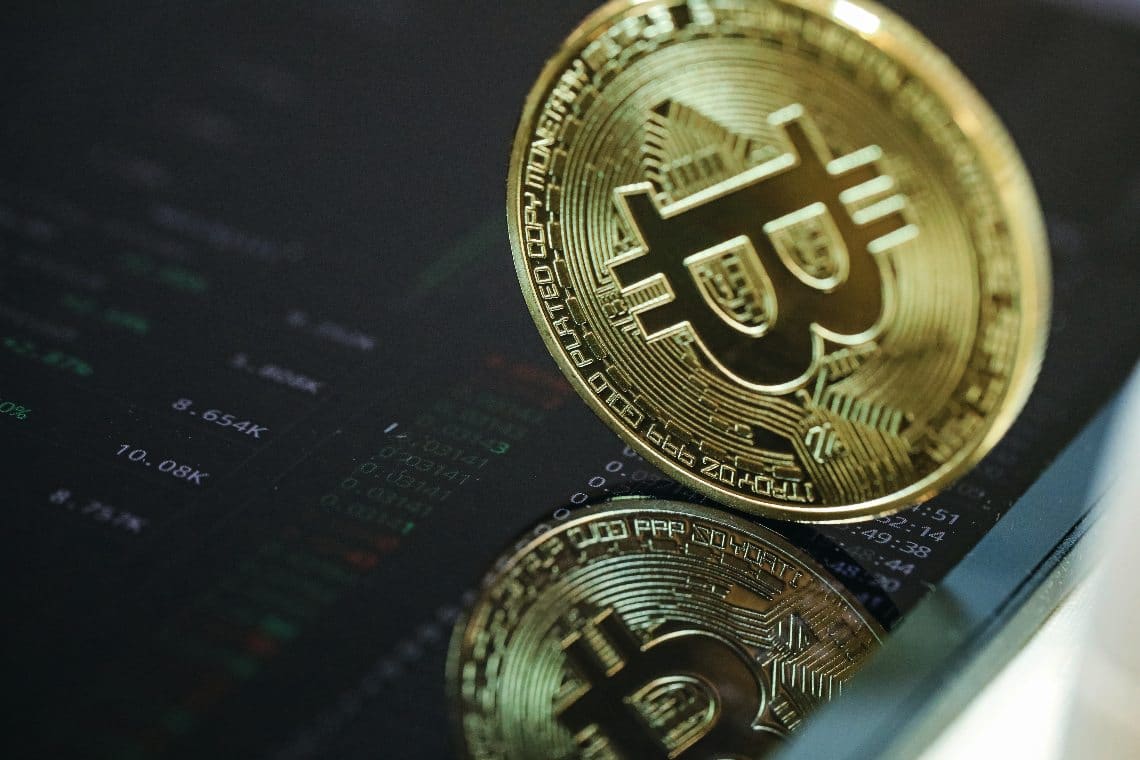Swiss Supermarket Rolls Out Lightning-Powered Bitcoin Payments
19.04.2025 19:00 2 min. read Alexander Stefanov
A supermarket in Zug, Switzerland, has begun accepting Bitcoin payments, adding to the country's expanding list of crypto-friendly retailers.
The local branch of global grocery chain Spar now allows customers to pay with Bitcoin via the Lightning Network—a faster, low-cost layer built on top of Bitcoin’s base chain.
The store has been listed on BTC Map, a crowdsourced platform that tracks merchants accepting BTC payments. The update was shared by DFX Swiss, a firm offering crypto-to-fiat payment tools, which noted that Spar in Zug is one of the first supermarkets in the country to support direct Bitcoin payments at checkout. Their OpenCryptoPay solution—an open-source standard for in-person crypto transactions—was used to make it happen.
Zug is no stranger to digital currencies. Often referred to as part of “Crypto Valley,” the city has long embraced blockchain innovation. Nearby Lugano also made headlines last year by allowing Bitcoin and Tether to be used for government-related payments, becoming one of the first cities globally to do so.
So far, over 1,000 businesses in Switzerland have adopted Bitcoin payments, according to BTC Map.
The process for paying with Bitcoin at Spar is remarkably simple. Customers can scan a static QR code and complete their purchase in seconds using a Lightning-enabled wallet. According to Bitcoin Association Switzerland director Rahim Taghizadegan, it’s fast enough that it doesn’t disrupt the checkout process at all. He added that broader adoption across the country could follow if the solution sees enough usage in Zug.
Spar’s global presence makes the move significant. The retailer operates nearly 14,000 stores across 48 countries, serving more than 14 million shoppers daily and employing close to half a million people.
-
1
Bitcoin to Track Global Economy, Not Dollars, Says Crypto Expert
09.06.2025 18:00 2 min. read -
2
Blockchain Group Bets Big on Bitcoin With Bold €300M Equity Deal
09.06.2025 22:00 2 min. read -
3
BlackRock’s Bitcoin ETF Breaks Into Top 15 Most Traded ETFs of 2025
12.06.2025 18:00 2 min. read -
4
Bank of America Compares Bitcoin to History’s Most Disruptive Inventions
17.06.2025 14:00 1 min. read -
5
Bitcoin on a Path to $1 Million as Wall Street Embraces Digital Gold – Mike Novogratz
14.06.2025 19:00 1 min. read
Bitcoin Averages 37% Rebound After Crises, Binance Research Finds
Despite common fears that global crises spell disaster for crypto markets, new data from Binance Research suggests the opposite may be true — at least for Bitcoin.
Bitcoin Mining Faces Profit Crunch, But No Panic Selling
A new report by crypto analytics firm Alphractal reveals that Bitcoin miners are facing some of the lowest profitability levels in over a decade — yet have shown little sign of capitulation.
Bitcoin Hashrate Declines 3.5%, But Miners Hold Firm Amid Market Weakness
Bitcoin’s network hashrate has fallen 3.5% since mid-June, marking the sharpest decline in computing power since July 2024.
Bitcoin Surpasses Alphabet (Google) to Become 6th Most Valuable Asset Globally
Bitcoin has officially overtaken Alphabet (Google’s parent company) in global asset rankings, becoming the sixth most valuable asset in the world, according to the latest real-time market data.
-
1
Bitcoin to Track Global Economy, Not Dollars, Says Crypto Expert
09.06.2025 18:00 2 min. read -
2
Blockchain Group Bets Big on Bitcoin With Bold €300M Equity Deal
09.06.2025 22:00 2 min. read -
3
BlackRock’s Bitcoin ETF Breaks Into Top 15 Most Traded ETFs of 2025
12.06.2025 18:00 2 min. read -
4
Bank of America Compares Bitcoin to History’s Most Disruptive Inventions
17.06.2025 14:00 1 min. read -
5
Bitcoin on a Path to $1 Million as Wall Street Embraces Digital Gold – Mike Novogratz
14.06.2025 19:00 1 min. read


